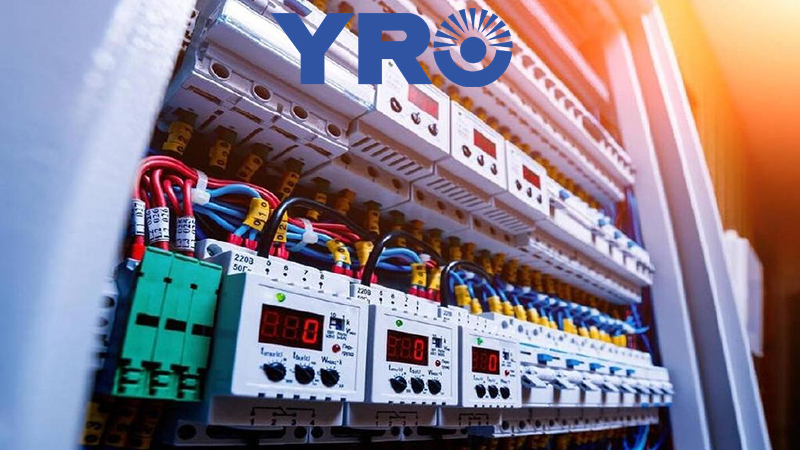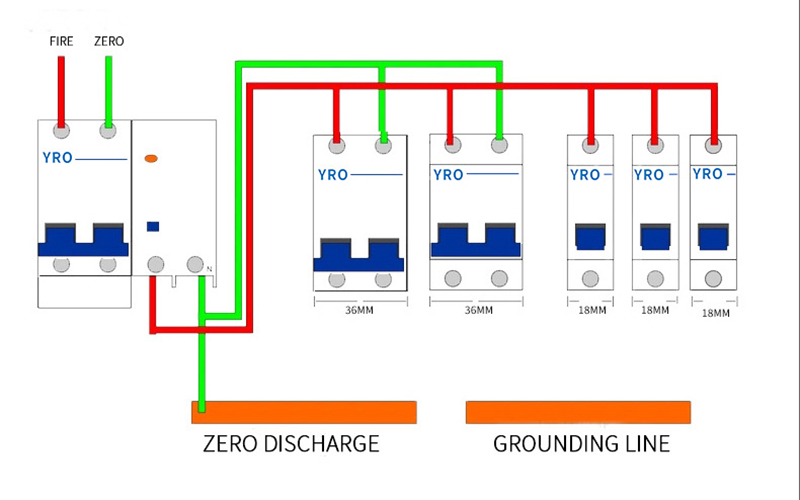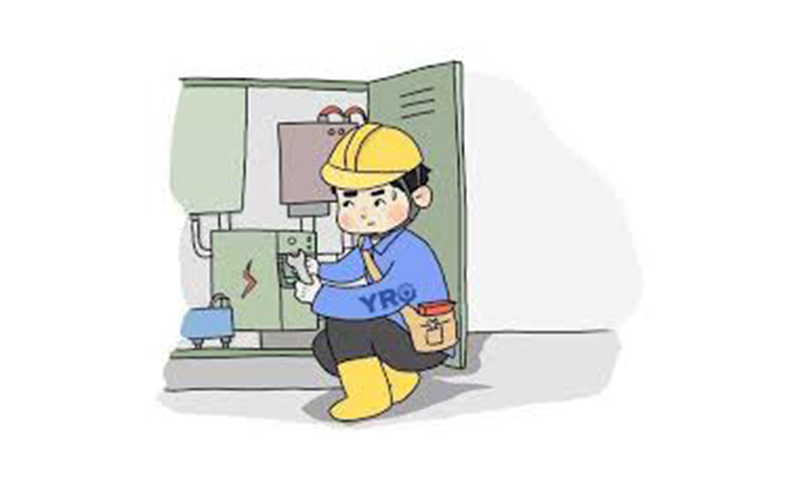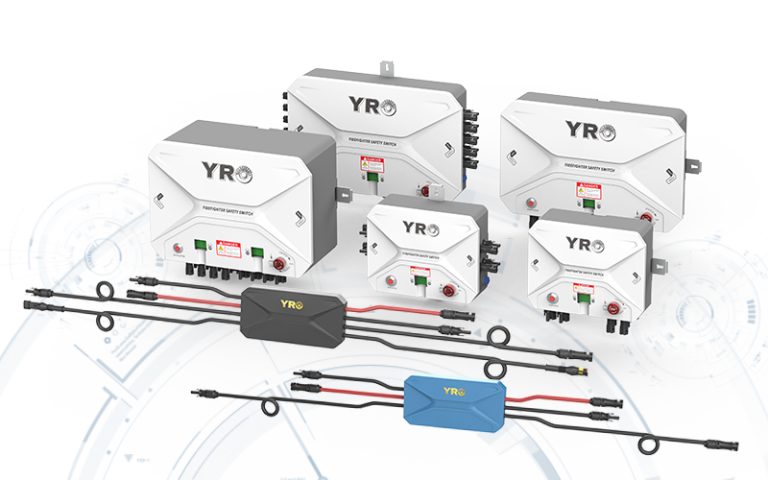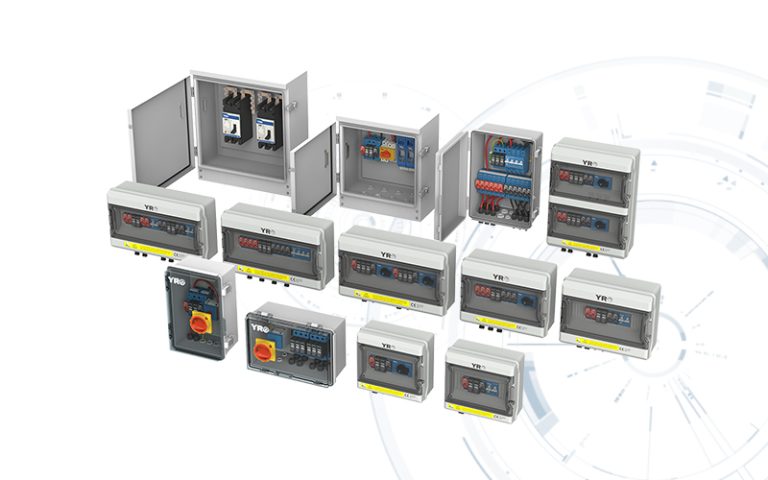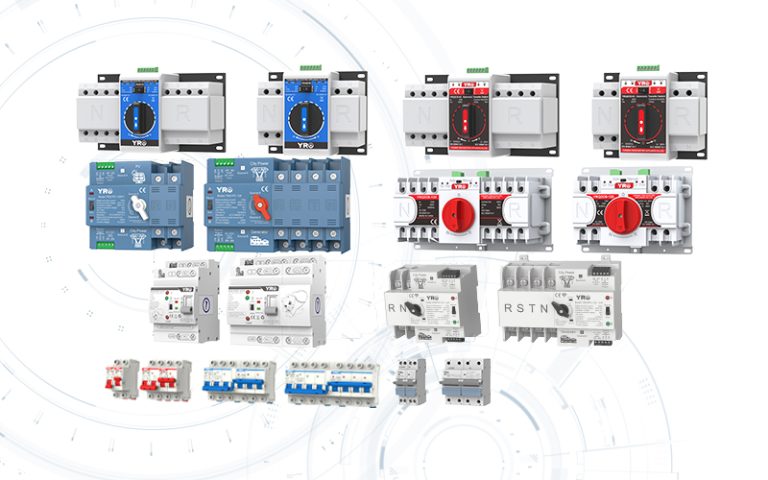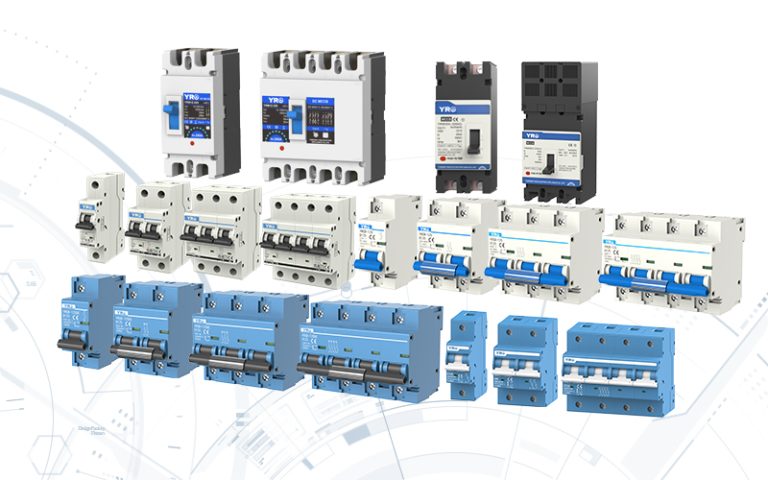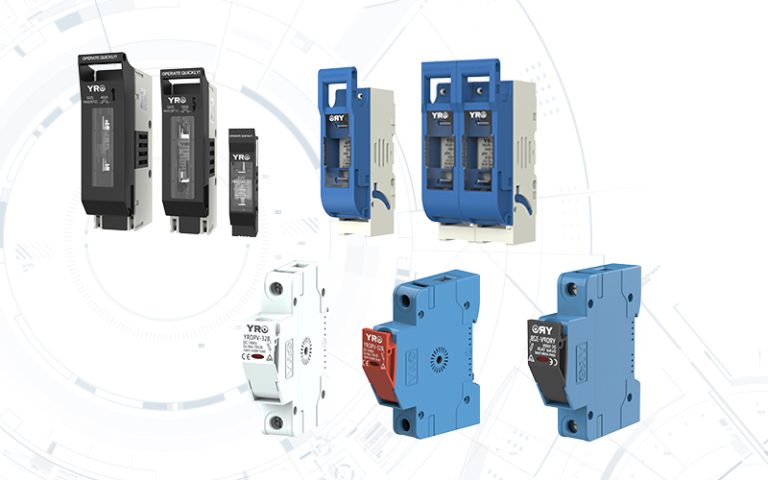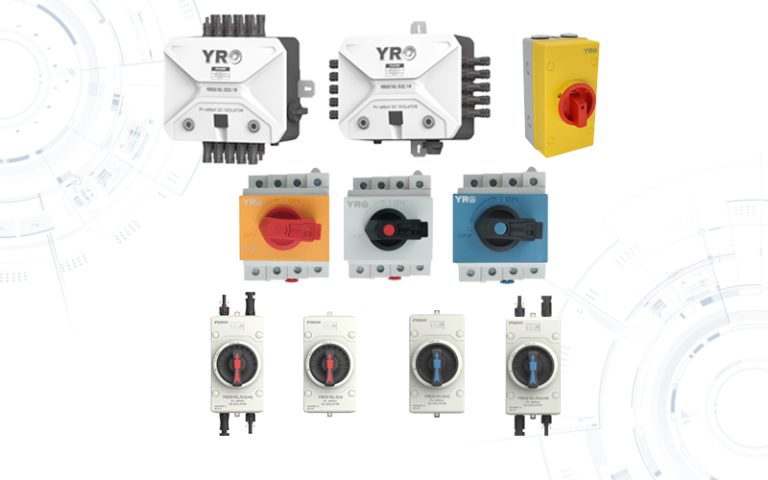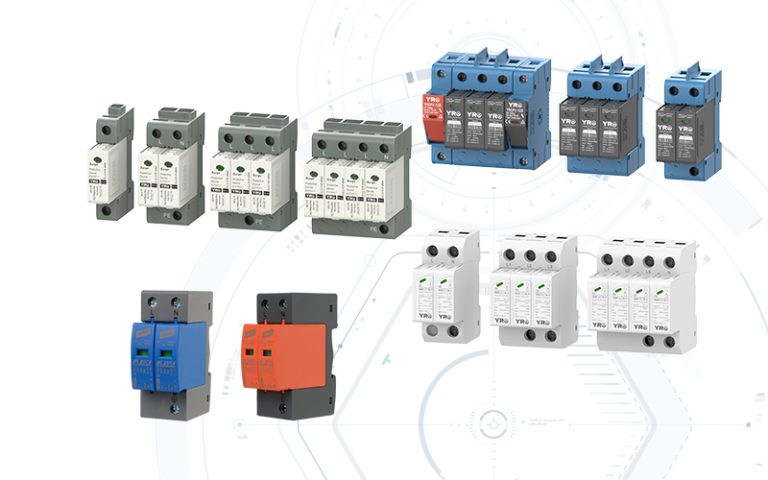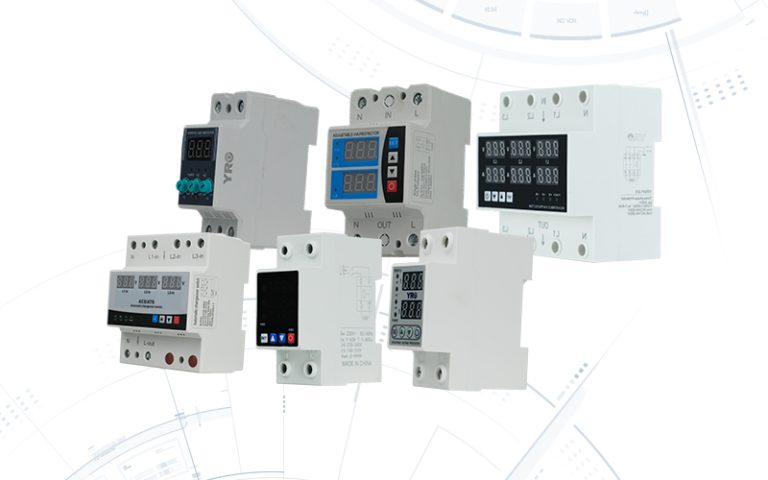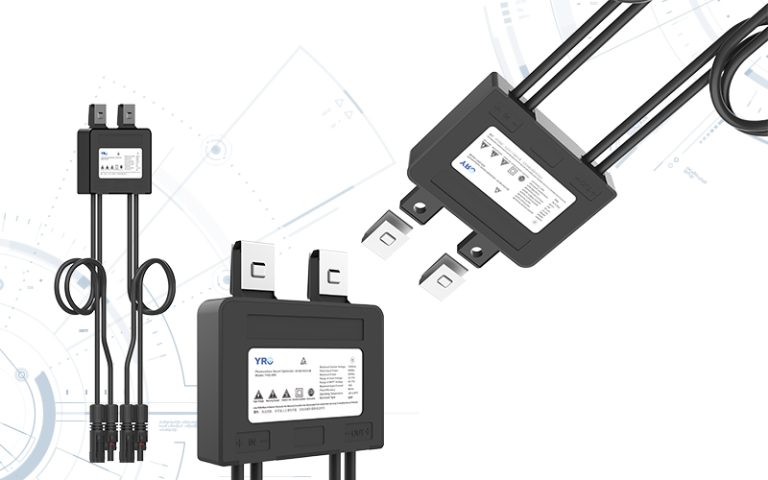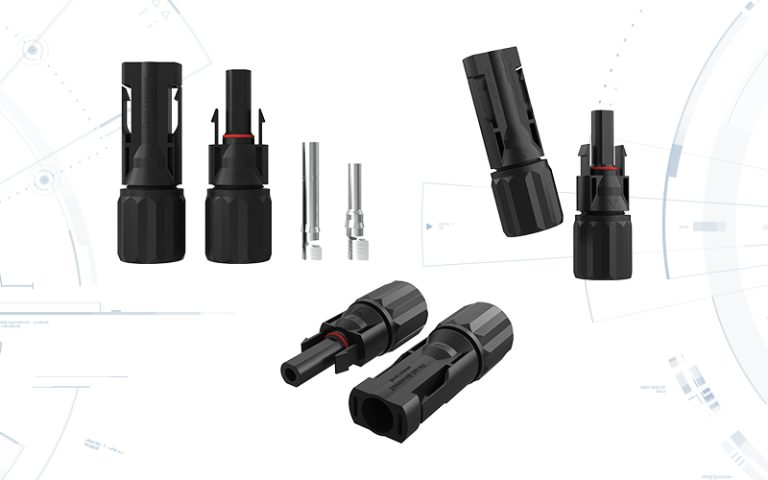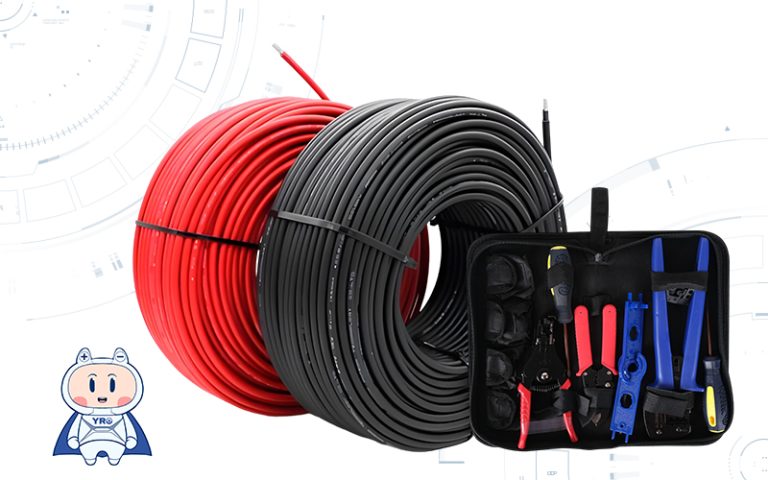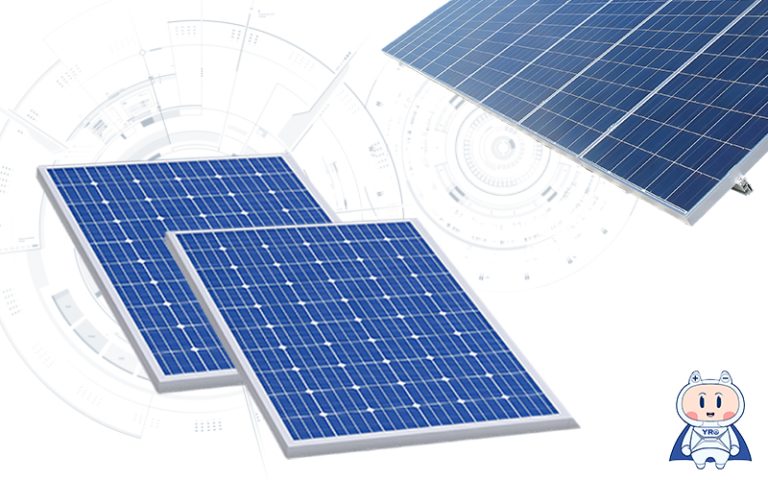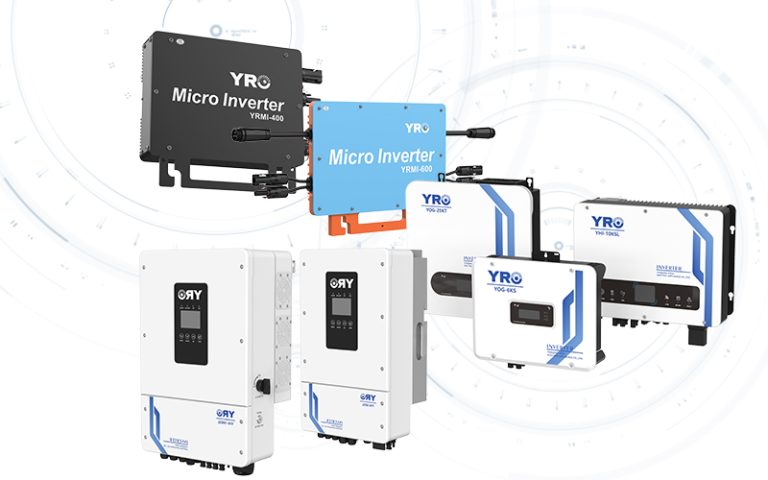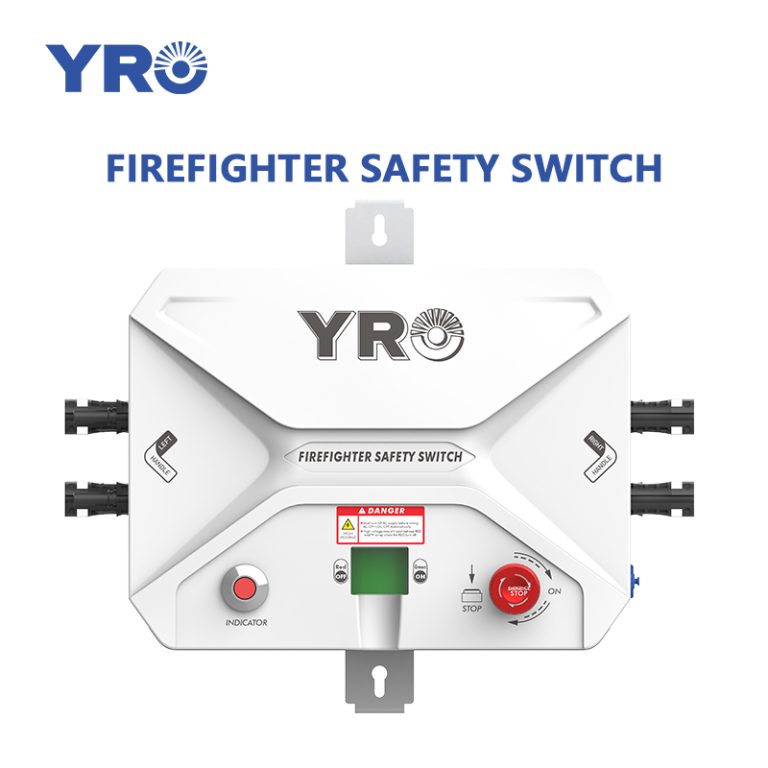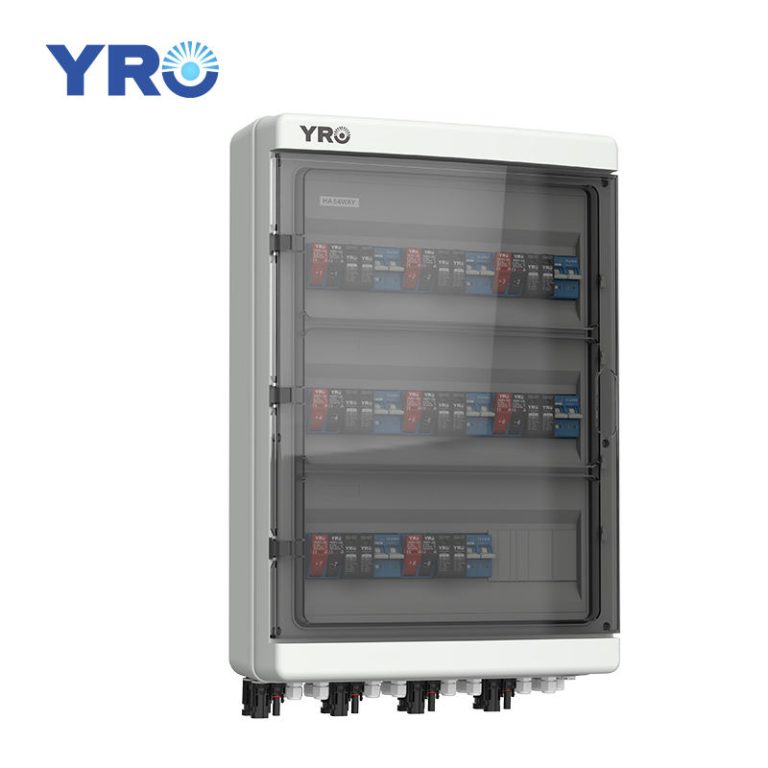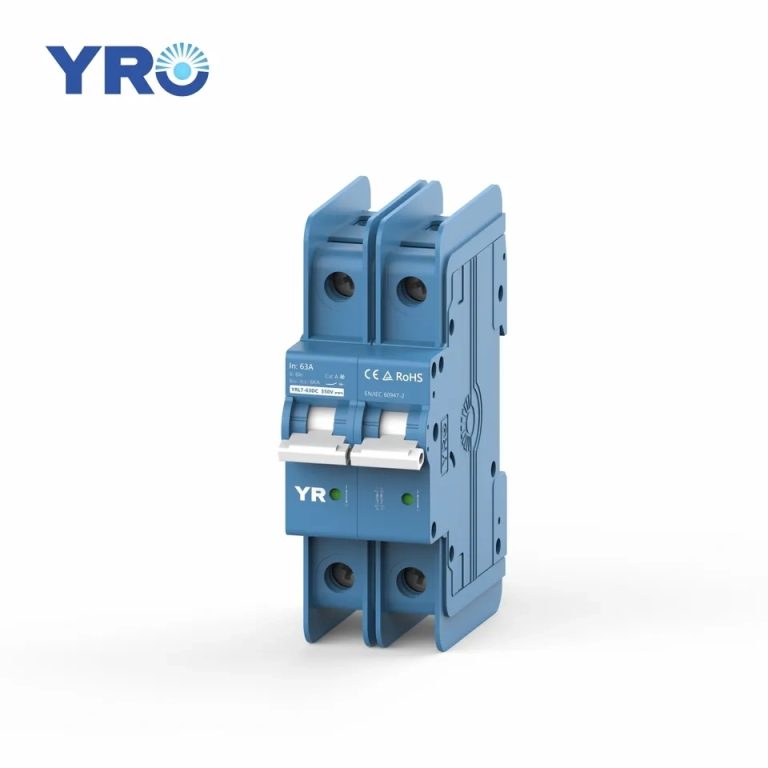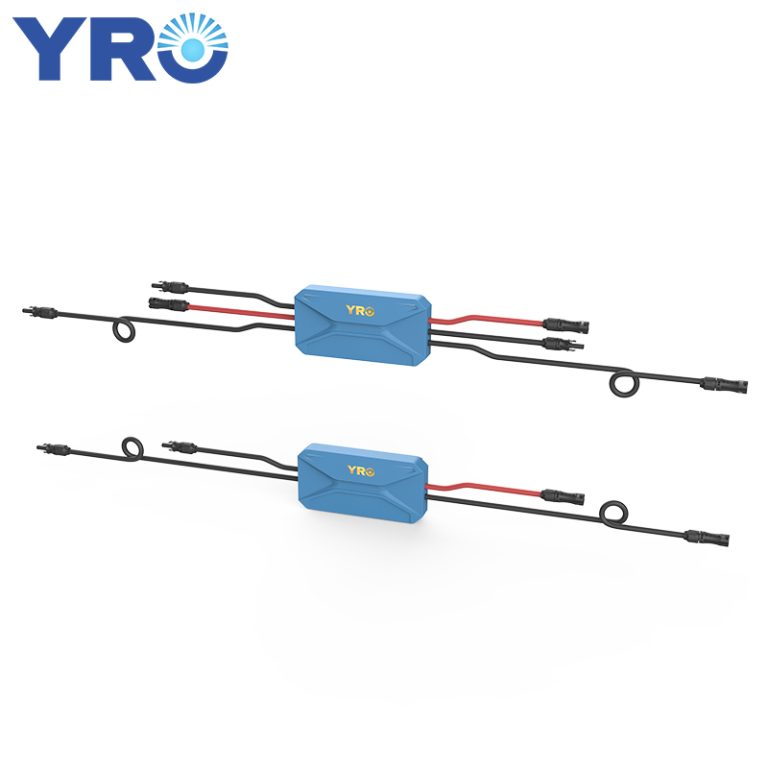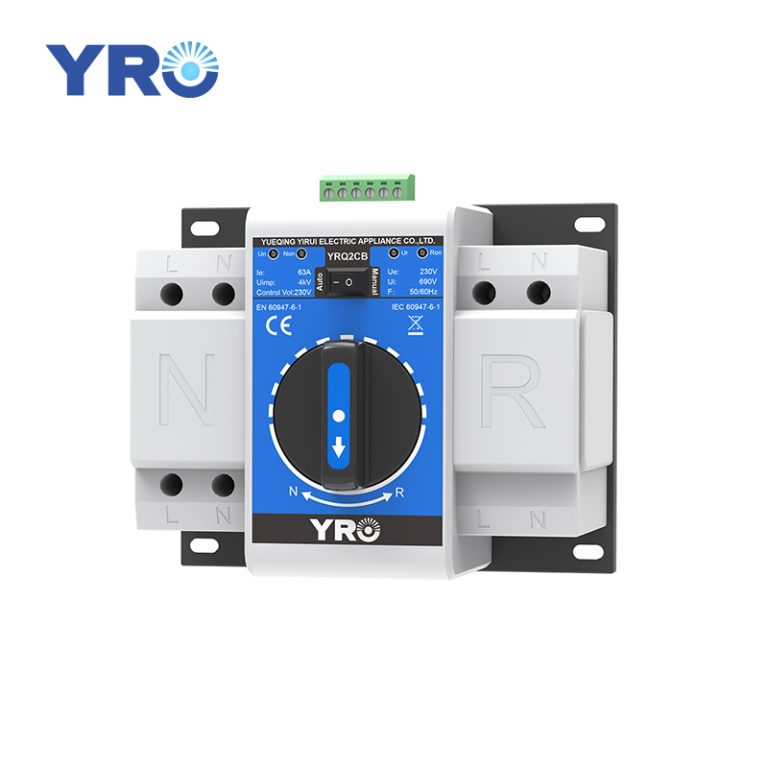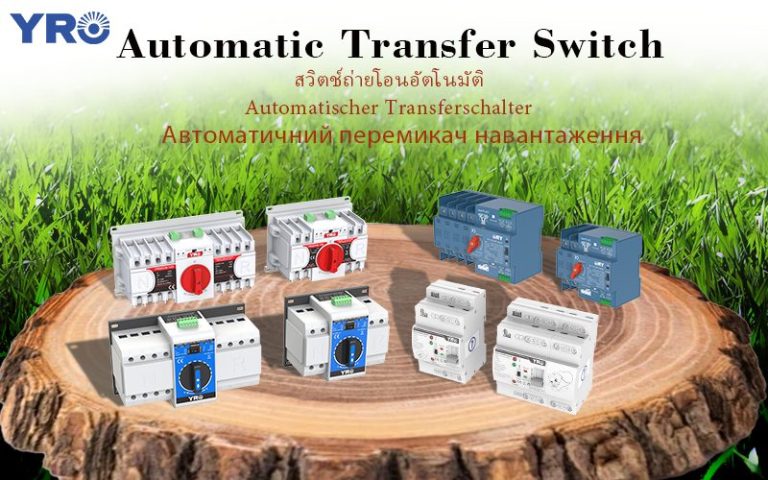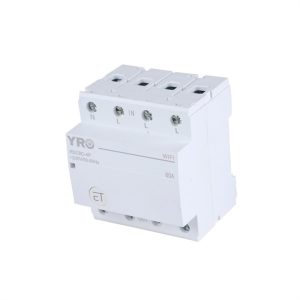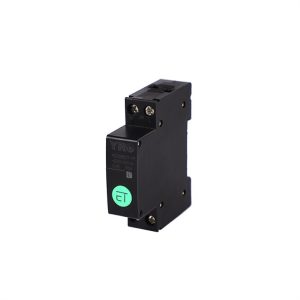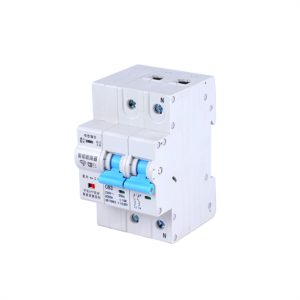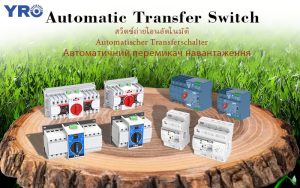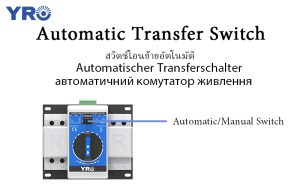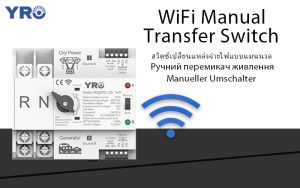DC circuit breaker is a protective device for DC circuits, which has the function of quickly cutting off current and preventing overload and short circuit. Circuit breaker is a special design for breaking the circuit of 1000 volt DC circuit, with higher voltage level and larger current capacity.
1. Detailed explanation of circuit breaker
Circuit breaker (English name: circuit-breaker, circuit breaker) refers to a switching device that can close, carry and break the current under normal circuit conditions and can close, carry and break the current under abnormal circuit conditions within a specified time. Circuit breakers are divided into high-voltage circuit breakers and low-voltage circuit breakers according to their scope of use. The boundary between high and low voltage is relatively vague. Generally, those above 3kV are called high-voltage electrical appliances.
Circuit breakers can be used to distribute electrical energy, start asynchronous motors infrequently, and protect power lines and motors. When they have serious overloads or short circuits and undervoltage faults, they can automatically cut off the circuit. Its function is equivalent to the combination of fuse switches and over-underheating relays. Moreover, it is generally not necessary to change parts after breaking the fault current. At present, it has been widely used.
2. Application scenarios of circuit breakers
1) Solar panel system: With the increasing application of solar panel systems in homes, DC circuit breakers are used to protect the panel system from damage caused by overload and short circuit. The DC1000V circuit breaker can quickly cut off the current when the voltage reaches 1000 volts, protecting the stable operation of the panel system.
2)Electric vehicle charging: With the popularity of electric vehicles, home charging stations have become an important part of home safety. DC circuit breakers are used to protect electric vehicle charging systems from the dangers of overload and short circuit. The DC1000V circuit breaker can withstand high voltage and high current to ensure a safe and reliable charging process.
3)Home battery energy storage system: The application of home battery energy storage systems is increasing, and DC circuit breakers are used to protect battery energy storage systems from damage caused by overload and short circuit. The DC1000V circuit breaker can quickly cut off high voltage and high current to protect the safe operation of the battery energy storage system.
The application of DC circuit breakers in home safety is very important.
As a circuit breaker specially designed for high-voltage DC circuits, DC1000V circuit breakers have higher voltage levels and greater current capacity, which can protect the safe operation of solar panel systems, electric vehicle charging systems, and home battery energy storage systems. By using DC circuit breakers, home circuits can be protected from the dangers of overload and short circuit, improving home safety.
About whether AC circuit breakers can replace DC circuit breakers
AC circuit breakers and DC circuit breakers are two different types of protection devices, and they have great differences in working principles and applications. Although AC circuit breakers and DC circuit breakers may have some similarities, they cannot replace each other. The following will introduce in detail the reasons why AC circuit breakers cannot replace DC circuit breakers.
1. Different working principles: There are great differences in the working principles of AC circuit breakers and DC circuit breakers. AC circuit breakers use the periodic changes of AC current to achieve the purpose of disconnecting the circuit. DC circuit breakers need to use other mechanisms to achieve the function of disconnecting the circuit, such as magnetic dynamics or electronic triggers. This different working principle makes AC circuit breakers unable to be directly used for DC. .
2. Different circuit characteristics: AC and DC have different circuit characteristics. The voltage and current of AC change direction periodically, while DC always maintains one direction. Due to the characteristics of DC, DC circuit breakers need to have higher voltage and current capacity. AC circuit breakers are usually designed for low voltage and low current capacity, which cannot meet the needs of DC circuits. 3. Different arc extinguishing capabilities: Arc is a discharge phenomenon generated by current when the circuit is disconnected. DC arcs are more difficult to extinguish than AC arcs, requiring greater disconnection capacity and more complex arc extinguishing devices. AC circuit breakers can usually only be used in AC circuits with relatively low arc extinguishing capabilities, and cannot effectively extinguish DC circuits. In summary, there are obvious differences between AC circuit breakers and DC circuit breakers in terms of working principles, circuit characteristics, and arc extinguishing capabilities, and they cannot replace each other.
In general, AC circuit breakers and DC circuit breakers have different principles and characteristics and cannot replace each other. When selecting a circuit breaker, it is necessary to select a suitable circuit breaker according to the type of circuit and specific requirements. DC circuit breakers have higher voltage and current capacity, and can protect DC circuits from the dangers of overload and short circuit. Therefore, it is necessary to use DC circuit breakers in DC circuits, and AC circuit breakers cannot replace DC circuit breakers.
